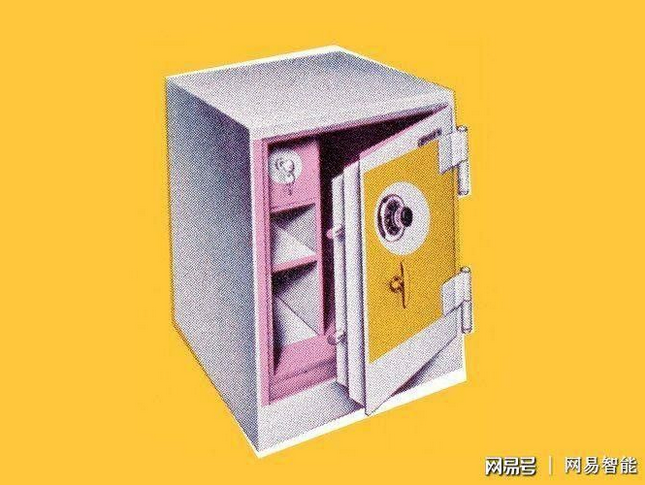
One reason why ISIS is so tenacious is that the terrorist network of activities is scattered, spread all over the world, and operates within a small area. This not only makes it difficult for law enforcement to predict what the organization will do next, but it also makes tracking its network of activities extremely complex, such as its banking transactions. Small amounts of money flow from foreign terrorists to domestic terrorists, but it is difficult for banks to identify these funds in the system.
Banks have long used anti-money laundering systems to mark suspicious activity, and after September 11, they still use this old method to detect transactions related to terrorist activities.
But these traditional tools are not up to the task, although banks are beginning to rely on hard-coded "if-then" rules to predict suspicious behavior. For example, if the software finds a seven-digit transfer from Miami to Bogota, it identifies it and marks the transfer. However, when terrorist organizations like ISIS recruit people internationally and conduct small-scale, targeted attacks, these tools are much less effective. There are too many rules and possibilities to consider.
Dan Stitt, who has worked in the anti-financial crime industry for 20 years and has experience with US drug law enforcement agencies and the US Export-Import Bank, said: "(Funding) can easily be used in a youth hostel in Belgium while waiting to be transferred. Peaceful for a while."
A small transaction by a hidden terrorist may not be detected by a regular anti-money laundering system. Unless these systems use artificial intelligence technology. Banks are increasingly turning to machine learning to monitor anomalies in accounts and transactions by mining large amounts of bank data, which may be overlooked.
Stitt said: "This is a surgical method like a needle in a haystack." He is now the director of financial crime analysis at QuantaVerse, a company based in Wayne, Pa., which has developed some of the world's largest banks. AI technology to detect money laundering, terrorist funds and other financial crimes.
The technology has helped find a Panamanian known by the US Drug Enforcement Agency as "one of the world's largest drug launderers." In this industry, the use of machine learning is still in its early stages, and even QuantaVerse is not sure how many of the clues they have become a real threat. But financial regulators have high expectations for the potential of such tools.
“The machine is able to receive more data points and analyze these data points in a way that humans cannot reach,†says Kevin Petrasic, a partner at a law firm specializing in financial regulation.
Banks must help find criminals
Since the Bank Secrecy Act of 1970, banks have been required to assist government agencies in investigating money laundering activities. Software has helped to automate this process to some extent. However, this process is plagued by misleading normal activities: in the process, the system often marks behaviors that are not actually criminal.
A recent Dow Jones survey of more than 800 anti-money laundering professionals found that nearly half of anti-money launderers said that false alarms jeopardized their confidence in the accuracy of the screening process. However, in order to meet government requirements, banks invest billions of dollars annually in these systems. "
This is a multi-billion dollar investment – ​​many investigators focus on investigating “cases†found in the old system, but most of them are not real financial crimes,†founded David McLaughlin of QuantaVerse in 2014. Say.
“At the same time, real financial crimes are unnoticed.â€
One of the key challenges for banks that want to prevent funds from flowing to foreign warfighters is the existence of an infinite number of trading combinations, and banks must manually code these combinations into rule-based systems. Those who want to join ISIS may need to take $80 on an ATM in Brussels, receive money in Algeria, and use a credit card in Lebanon. He may take out a payday loan or transfer money to his family. As far as the activity itself is concerned, the increase in its number may not be suspicious, but they accumulate to create an activity pattern that may be marked as suspicious by the machine.
Remoter Controller,Remote Control,Wireless Remote, Universal Remote Control,universal remote
NINGBO COWELL ELECTRONICS & TECHNOLOGY CO., LTD , https://www.cowellsocket.com
